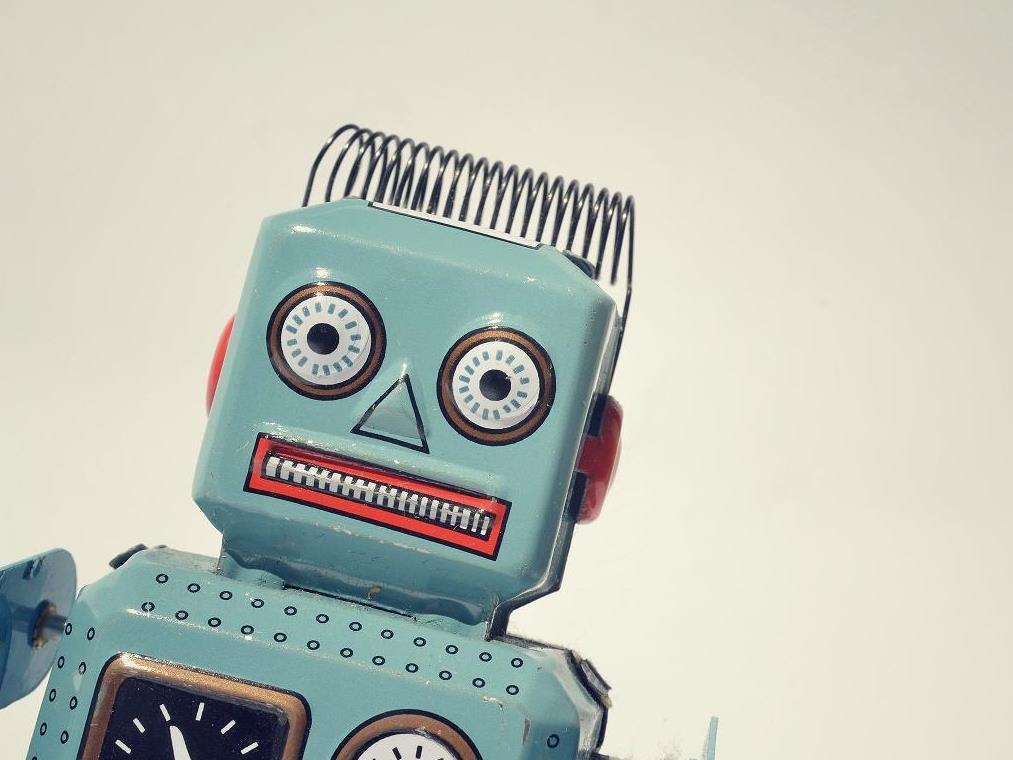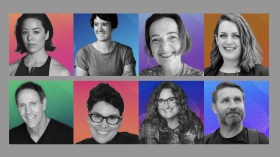The first industrial revolution displaced farm workers. Then technology shoved aside manual labourers and clerical workers. Those working in creative professions have liked to think they are immune but now skilled workers and professionals are losing their spots in the economy to ever smarter digital technology.
Artificial Intelligence, quantum computing, digitisation and what the World Economic Forum is calling the fourth industrial revolution mean we are experiencing change at an unforeseen rate. Ten years ago, jobs such as nanotechnologist, social media manager, Uber driver and drone operator did not exist. Now there are roles such as virtual reality engineer, a cognitive computer expert, or a data visualisation designer.
University students are coming of age alongside automated technologies which will eliminate the very jobs that they are studying for and kindergarten children will do work none of us can even imagine.
You can’t future proof your job, but you can prepare yourself for a different work environment. Social researcher and demographer Mark McCrindle gave us some tips
Leave the office
Sometime in the next three decades, careers and offices as we know them will be over. Not only will our jobs change, but the very nature of work will be disrupted.
Offices as we know them will disappear and the very concept of a job may give way to a more fluid economy. Commuting to a 9 to 5 job will have no meaning in a world where everyone connects online and is accessible 24/7.
In the freelance economy of contractors and consultants, small businesses and start-ups, entrepreneurship skills will be increasingly valued, said McCrindle.
‘What we need is not only a good creative idea and good technology, but we need an entrepreneurial mindset to make that business work.’
To prepare yourself for this new work economy, it’s essential to become your own agent – activity seeking out opportunities to use your skills and make a living.
Tech up
Children as young as four are already being taught to code, in preparation for a world where coding will be as important as reading and writing.
So even if you think your job is unrelated to technology, get some technical skills under your belt.
It’s also valuable to become adept at guiding others through a technologically changed environment. ‘Certainly anyone who has some skills in the technology space will be well served. People who can transition jobs from a more analogue system to a more digital one, who can move from a manual system to a robotic one- they’re going to be in key demand,’ said McCrindle.
Leverage your creativity
The good news for those in the arts is that “soft skills” such as creativity, adaptability, innovation and emotional intelligence will be as valued as the STEM skills – science, technology, engineering and maths – that will power most of the automation and digital technology.
Technology will (hopefully) never be able to compete with the nuances and depths of humanity. A robot won’t be able to create a piece of artwork that engages the audience on an emotional level, nor will it be able to generate ideas and solve problems with the nimbleness of a human brain.
People in the arts space are going to be well-served, said McCrindle. ‘The types of tasks that we will do, where technology won’t compete, are the creative tasks. These … require innovation, free-thinking and adaption. While there is a little bit of growth with self-learning computers and robots that can be taught to think for themselves, essentially it is a key human function to adjust and adapt and be creative, and think in non-system ways.’
…and your human skills
In the same vein, jobs that require empathy and a sense of human contact will be protected.
‘The future is going to need teachers, and nurses, and community workers as well,’ said McCrindle. ‘Technology is very good at doing repetitive tasks, at things that we can program it to do like getting across big data, but it is not good at interacting with humans and all the nuances that behaviourally, we expect.
‘And with an ageing population and increasing customer service expectations, we are still going to need people with well-developed people skills to meet the needs of the future.’
Keep learning
Improved access to education and training means that people can change jobs quicker than the traditional model of getting a degree on a certain subject, then working in that field for the rest of your life. ‘People move more frequently across jobs because they reinvent themselves. You can study online and upskill more quickly. It has transformed all manner of work and the workplace,’ said McCrindle.
Preparing for a lifetime of learning is key, said McCrindle, as upskilling to change and advance careers will become more accessible. ‘If you can learn how to learn, and the skills of training, rather than just taking on the information, then you will be well served. The skills will come and go, but it’s the learning skills that will be key.’
Having a broader range of skills and interests will help you to carve out a niche in an increasingly homogenised workforce. While taking a gap year to backpack around the world has been seen as a way to defer getting a “real job”, travelling can help prepare us for the workforce better than any classroom can, said McCrindle. ‘Young people could even launch a startup or activity that might generate those entrepreneurial skills. Whether the venture succeeds long term or not is not the goal, but the goal is the learning that comes from that. Those leadership and strategy skills will naturally futureproof this generation.’






